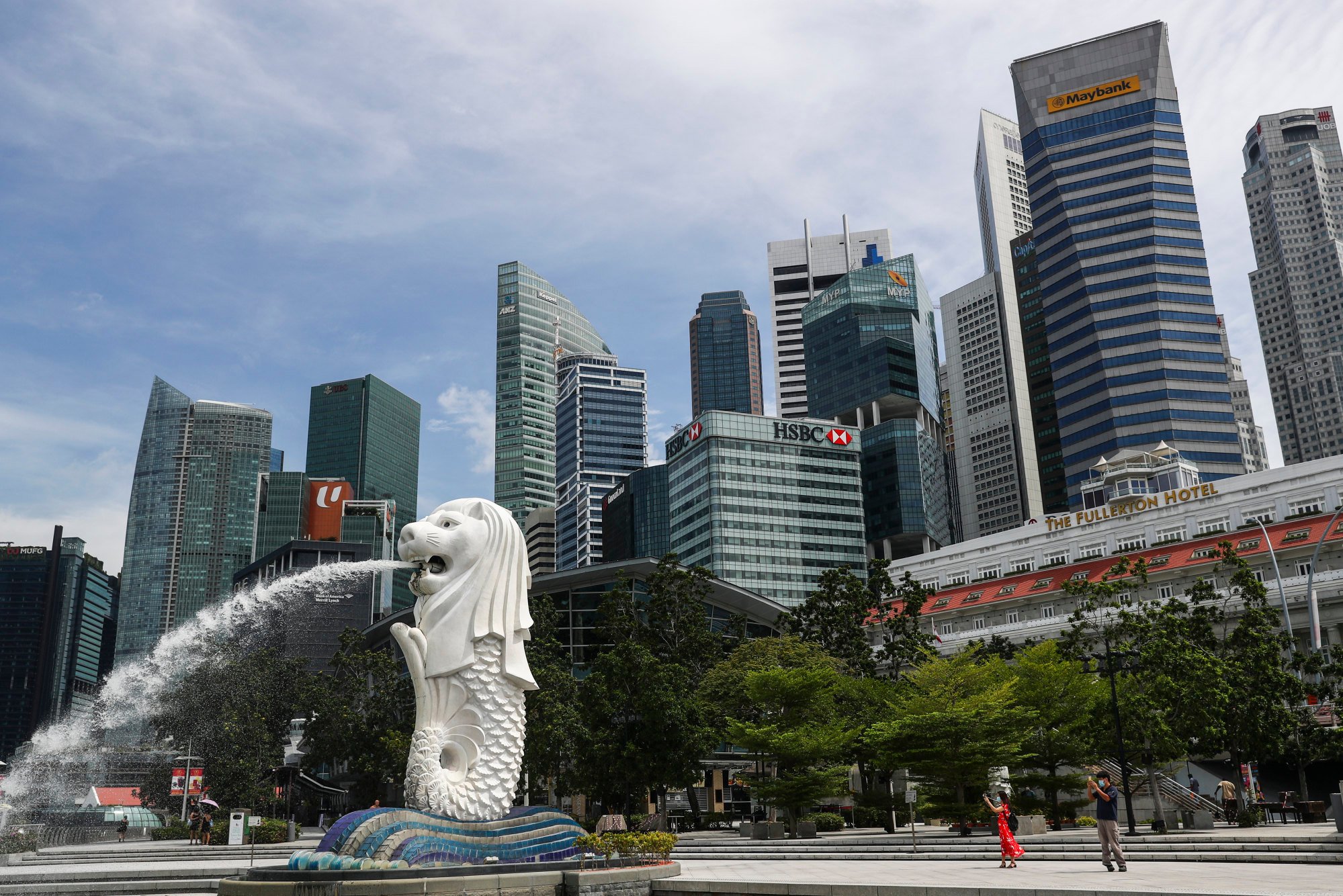
Hongkongers earned 4% more this year, but inflation cut bump down to 1.8% – and 2024 will be worse, report says
- City’s real salary growth, which factors in cost of living increases, falls in middle of regional rankings, according to ECA International
- Armstrong Lee, managing director at Worldwide Consulting Group, separately notes city’s median income has risen by 11 per cent to HK$20,000 this year
Hongkongers enjoyed a 4 per cent pay rise this year, but their real wage growth was only 1.8 per cent once inflation was taken into account, and even worse figures could be expected in 2024, a global consultancy company said in a report published on Tuesday.
But the city still managed to outperform Singapore this year due to lower inflation compared with the rest of the region, according to ECA International.
Real wage growth refers to increases in workers’ earnings that takes into account changes in the cost of living.
The consultancy firm said it expected salaries in Hong Kong to increase by 4 per cent next year, but real wage growth to fall to 1.7 per cent.
Hong Kong employees get highest salary increases in Greater Bay Area this year
“As we look ahead, it’s promising to see that the nominal salary increase in Hong Kong has rebounded to pre-Covid levels in 2023, as expected, although real salary growth in Hong Kong in 2023 is in the middle of regional rankings, squarely at the median percentage,” said Mark Harrison, the company’s general manager in Asia.
Armstrong Lee, managing director at Worldwide Consulting Group, agreed with the study’s conclusions and noted salaries in the city had kept up and even exceeded inflation this year.
He also cited data from his own company showing the city’s median income had risen from HK$18,000 (US$2,300) in 2022 to HK$20,000 this year, an increase of about 11 per cent.
Lee said a drop in property prices and rents had also taken some pressure off residents’ salaries.
“Due to a drop in property prices, rental costs have also decreased,” he said. “So, in that sense, I believe there is some relief from rental costs.
“While the cost of transportation, food and other expenses continues to rise, the proportion of these expenses is not as significant as rent. In terms of wages and the pressure of living expenses, I believe most employees were able to cope in the past year.”
Hong Kong economy still growing but gains marginal even with tourism boost
But the company director said the uncertain state of Hong Kong’s pillar industries meant he was less optimistic about the salary outlook for 2024.
“Tourism is one sector, which isn’t bringing much wealth at the moment,” he said, referring to mainland Chinese tourists spending more on experience-focused travel and less on shopping.
“I have served some retail clients, and they are not small retailers. Although rent has significantly decreased, I have seen some sizeable companies reorganising their businesses and even downsizing.”
Lee listed exports, asset management and real estate as other pillars of the economy, adding the property sector’s performance had affected the construction, transport, legal services, banking and advertising industries.
“Real estate is interesting because apart from directly contributing to the economy, it also indirectly drives the development of more than a dozen peripheral industries,” he said. “With so many pillar industries in Hong Kong having no good news, I am very worried about salary increases next year.”

The ECA International report, which includes data from more than 70 countries and regions, also showed that salaries in regional rival Singapore grew 4 per cent this year. But the city state recorded an inflation rate of 5.5 per cent, meaning pay contracted by 1.5 per cent in real terms.
Harrison said Singapore wages were expected to return to real growth next year.
Earnings growth on the mainland hit 5.3 per cent this year, as the economy boasted the lowest inflation rate among its neighbours at just 0.7 per cent.
The mainland’s performance translated to real wage growth of 4.6 per cent, placing it third in the regional rankings, with ECA predicting the positive trend would continue into 2024 as salaries were projected to increase by 5.8 per cent against 1.7 per cent inflation.
Singapore’s soaring cost of living, salaries top of residents’ concerns: survey
Hong Kong continues to grapple with a labour shortage fuelled by past emigration waves and an ageing population. The government has launched several initiatives to woo overseas professionals, including the Top Talent Scheme in December and the recent relaxation of visa policies for three Asian countries.
About 60,000 people approved under the schemes had already arrived, surpassing the government’s earlier target of 35,000, Lee said.
